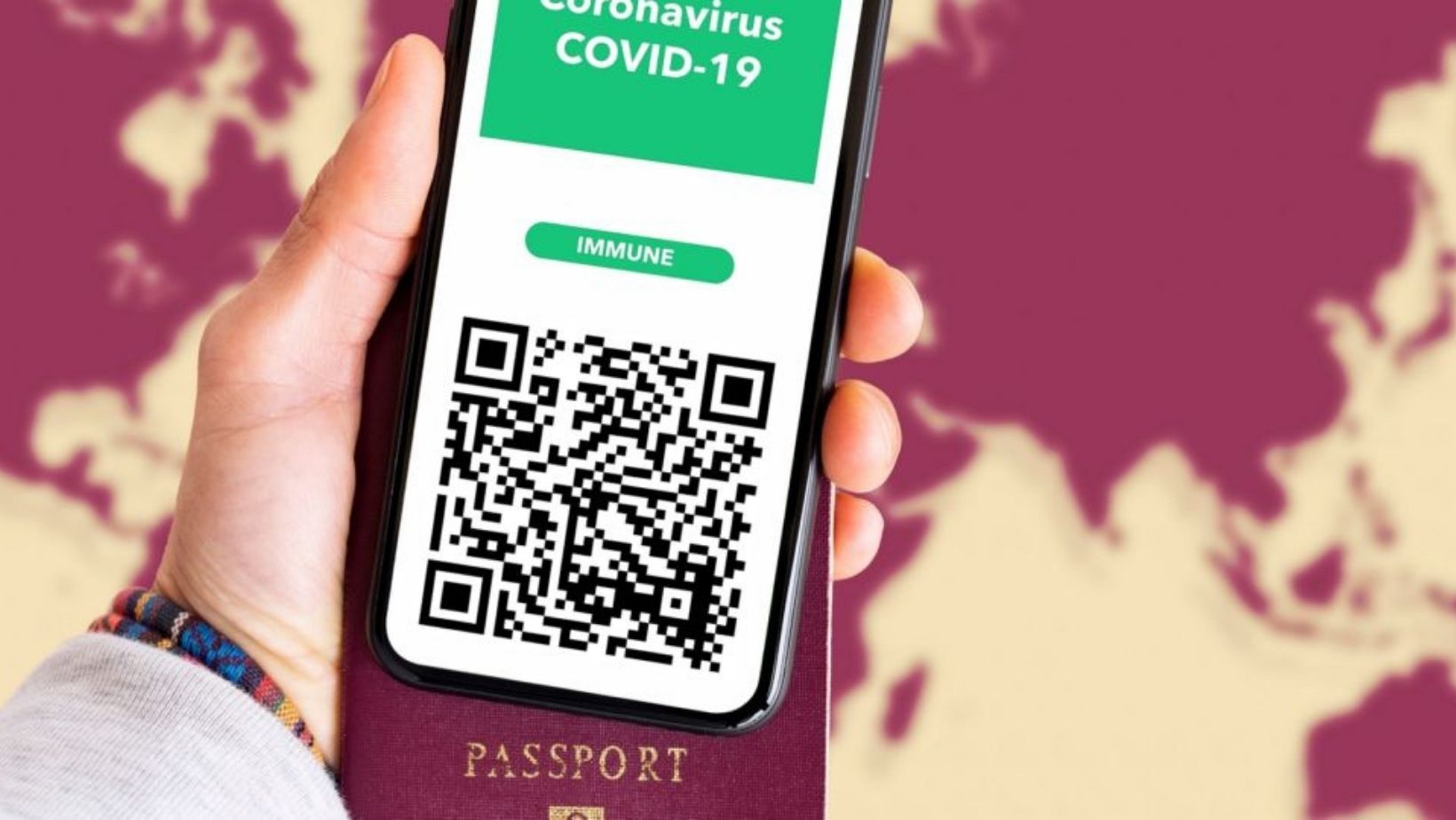The EU Commission has just proposed what it calls a Digital Green Certificate to open up travel in the continent before summer.
The idea is to facilitate safe free travel during the COVID-19 pandemic. Some of the information expected to be found on the proposed Digital Green Certificate include whether travelers have been vaccinated, whether they have COVID immunity already, or whether they’ve had a recent PCR test amongst.
The proposition comes at a time when the EU vaccination scheme is being heavily criticized for slow roll-outs, export controls, and supply problems.
EU opens a proposal to recognize the certificates issued by third countries provided that they reflect the same level of information and trustworthiness as their own.
This is perfectly doable because many of the countries use EMA-approved vaccines.
Once the EU moves into this recognition of certificates issued by third countries, inevitably they would have to revisit also the question of its guidance for non-essential travel from third countries.
Content of the “Digital Green Certificate”
According to Art. 2 No. 2 of the “Digital Green Certificate” Regulation (DGC-E), the “Digital Green Certificate” is an interoperable attestation of the holder’s vaccination, testing, or recovery status in connection with COVID-19. Each EU member state can decide for itself whether to issue the certificate in paper and/or digital form.
However, the certificate must always be accompanied by a machine-readable 2D code that can be used to verify the authenticity, integrity and validity of the certificate. In terms of content, the “Digital Green Certificate” is intended to enable the issuance and cross-border verification and recognition of various individual certificates in accordance with Art. 3 Par. 1 DGC-E:
- a certificate attesting that the holder has received COVID-19 vaccination in the member state issuing the certificate (“vaccination certificate”)
- A certificate listing the result and date of a qualified NAAT test or CO-VID-19 rapid antigen test performed by the holder (“Test Certificate”).
- A certificate indicating that the holder has recovered from SARS-CoV-2 infection following a qualifying positive NAAT test or positive rapid antigen test (“Recovery Certificate”).
The specific personal data to be stored is defined conclusively in the regulation for each type of certificate. All certificates contain the name and date of birth of the holder and are provided with a unique identifier.
Vaccination and testing certificates also contain information about the vaccine used or the type, time, place and result of a test. Recovery certificates, on the other hand, show the date of the first positive test result.
-
NEWSLETTER
Subscribe for our daily news








